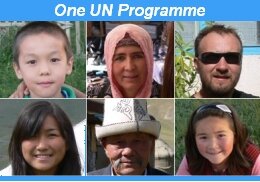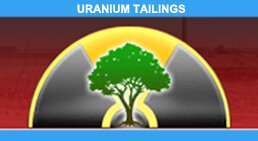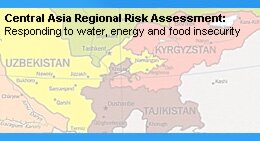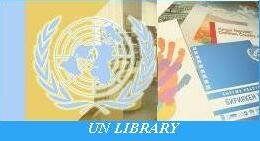|
(Bishkek, 19 July 2011) - The Ministry of Health KR, with the UNICEF and the Soros Foundation continues to prevent iron deficiency anemia among young children in Kyrgyzstan.
Following Talas, Osh, Jalal-Abad and Batken provinces, the home fortification programme “Gulazyk” is starting In Issyk-Kul and Chui provinces. In Naryn province, the same programme is carried out by the Swiss Red Cross.
The key goal of the programme is to reduce the level of iron deficiency anemia and other deficits of vitamins and nutrients among children under 2, since the early years are critically important for the development of a child. During this period, children are growing and developing fast so their vitamin and mineral needs are high. The definition of “hidden hunger” is being used worldwide to describe the deficit of vitamins and minerals in the human organism. It leads to congenital diseases and backwardness’s both in physical and intellectual development. Among the most common deficiencies in Kyrgyzstan, iron deficit is the major reason for anemia. Acute iron deficit can impact the physical and intellectual development of children. Backwardness in physical development can be seen in children’s proneness to infections because of their low immune levels as well as in stunting. Backwardness in intellectual development can negatively impact children’s successes in school. The main cause of iron deficiency anemia is food low in iron and other important nutrients. Taking into consideration the consequences and causes of anemia among children, the Ministry of Health KR decided to implement the home food fortification programme “Gulazyk” for children between 6-24 months throughout the country. Gulazyk contains iron, zink, folic acid and vitamins A and C. Every child in the country should get 270 sashes enough for 18 months consumption. Gulazyk will be disseminated free of charge by medical staff in Family Medicine Centers. |








